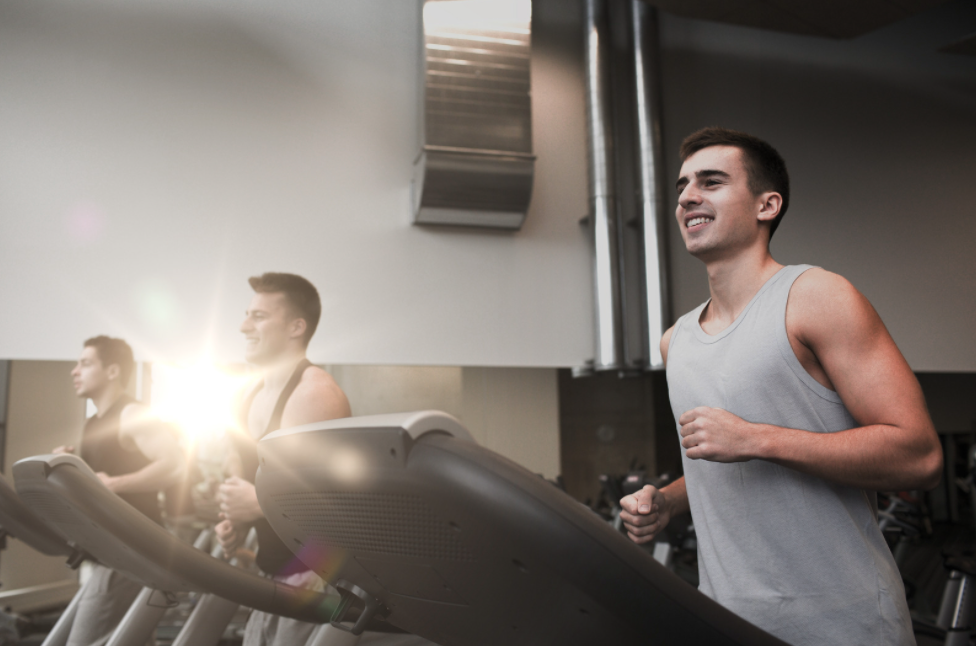The incidence of mental health conditions (and therefore mental health claims) are on the rise. Here at Specialised Health alone, we saw our mental health referrals increase by 58% from the year ending April 2020 compared to April 2021 – that’s more than double!
What’s more, the recommendations for those on a mental health claim aren’t advancing nearly as rapidly. We’ve been looking into the research (as we do) and it’s evident that overall, the outcomes documented in the science (both for improving health and wellbeing and for returning to work) are not anywhere near where they should be when compared to other types of health conditions.
Statistics suggest that individuals returning to work following an absence due to mental health conditions have:
- Significantly lower hours on return,
- Significantly lower ratings of self-perceived health on return, with only 27% rating their health as “very good” or above (National Australian return to work survey, 2018).
The literature does highlight that mental health claims are complex – hence ‘best practice’ guidelines need to be heavily considered when working with people with mental health conditions. The trouble is that the lack of high-quality evidence means that a lot is still left to the imagination! This is something that needs to be addressed, and quickly.
Where do we come into it all?
One thing the research is sure of, are the benefits of exercise for those suffering with a mental health condition. It’s clear that it needs to be a tailored approach and incorporate more than ‘just exercise’. As always, we are looking to provide our clients with what both the research and our own clinical practice deems to be the most effective structure and mode of rehabilitation – in the life insurance space specifically.
We are proud to say that our practice-based, holistic strategies in the mental health space are yielding some great results (have you been looking out for our Friday wins!?). But our success in using Heart Rate Variability (HRV) for fatigue management has got us wondering… Could we achieve even better results by bringing biofeedback into our mental health programs?
We reckon that we might be onto something here – even though it hasn’t been studied elsewhere before! It has peaked our interest so much that we decided to put forward our hypothesis as a research project with Massey University to truly quantify its effectiveness – and also play our part in helping science move along a bit faster.
We’ve called this project ‘Headstrong’. It’s exciting stuff!

So what exactly does Headstrong involve?
Headstrong is a compilation of all of our best knowledge packaged up into a 12-week routine-based program, utilising structured exercise and biofeedback to optimise adherence and results.
You know we love biofeedback – specifically, HRV. Research suggests that HRV is a great way to measure the internal stress that comes with mental health struggles. But the science hasn’t quite gotten as far as to investigate the effects of this biofeedback in a rehabilitation sense. Because the mental health space is so subjective, we propose using HRV and other biofeedback (such as sleep tracking) to help to provide some objectivity – both for us as the therapist, and for the clients themselves!
We find that having more objectivity within a program helps to improve our ability to tailor and adapt the program to suit the clients needs. But more importantly, it also gives clients a sense of control over their health.
With this in mind, Headstrong participants, alongside their exercise physiologist, will:
- Partake in collaborative goal-setting
- Form and be guided through an individualised, exercise-based, routine
- Utilise an activity watch to alter their routine using biofeedback
- Receive holistic recommendations to accompany exercise, based on their individual biofeedback (such as sleep hygiene, nutrition and stress management strategies)
Better yet, the program is administered via Zoom so that participants can be involved from the comfort of their own home, wherever that may be! It also follows a fixed fee structure, which means that you as the referrer will know exactly what it costs from the outset.
Do you want to help us to progress science?
We are really excited to help more people with our Headstrong program – both at an individual level as people go through the program, and bigger picture with our research-based endeavours! Even more exciting is that insurers can get involved too, by referring participants.
If you know of someone who could benefit from this program, or you have any questions, get in touch! We are always more than happy to chat and send some more information your way.
- https://www.safeworkaustralia.gov.au/system/files/documents/1811/national-rtw-survey-2018-summary-report.pdf
Author: Tessa Nielsen
Let’s connect, find us:
Have you got a claimant that would benefit from E.P. support? Refer to the team!
#exercisephysiology #exerciserehab #rehabilitation #lifeinsurance #incomeprotection #ctp #workcover #mobile #mobileexercisephysiology #fatigue #mentalhealth #anxiety #depression #cancer #musculoskeletal #injury #pain #physio #physiotherapy #Sydney #Brisbane #Melbourne #Auckland #Waikato #BayofPlenty #Otago
